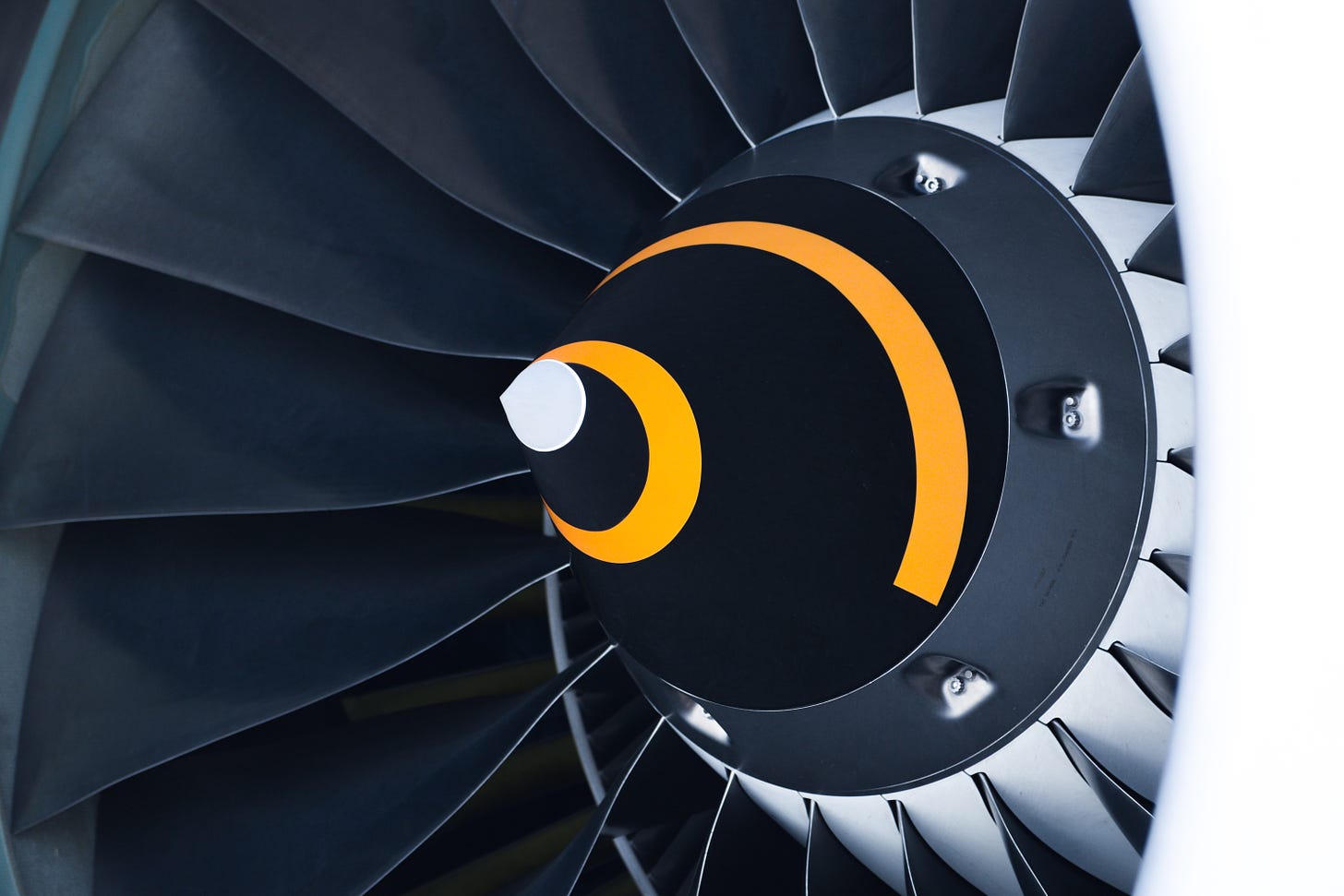Four Ways in Which AI is Revolutionizing the Aviation Industry
Across industries, multifaceted application of AI is being witnessed. Some broad uses of AI include Natural Language Processing, Image Recognition, Speech-to-Text, Recommendation Systems etc. We have previously written about AI in luxury watches, fashion retail, and fragrance industry. The aviation industry is also increasingly using smart technology to revolutionize the way we fly. In fact, we are not far from the day when end-to-end touch-free air travel will become a reality. Current uses of AI tech in aviation include AI bots, thermal cameras, facial recognition tools, flight predictions etc. Here's how AI tech has been successfully put to use.
Passenger Identification
In the USA, Delta Airlines led the brigade in 2017 when air passengers could check-in through the Delta mobile app and ticketing kiosks. Cut to 2021 and this method of check-in has been adapted (and even innovated) by many worldwide. Soon, Hartsfield-Jackson Airport will be ready to launch America’s first biometric terminal. This will make the passenger identification process quick and seamless. Another advanced AI tech already introduced at John F. Kennedy, Los Angeles International Airport and Phoenix airports helps identify potential threats, if any.
Customer Support
Customer Support forms a large chunk of the operations costs and man hours for the airlines. AI will step in to help customers and reduce these costs for the airlines. With AI-powered technology, customers get their issues resolved faster. Such tech can help customers with more common requirements such as flight status, check-in requests, and on-board amenities such as WiFi etc. The customer can reach out to these AI enabled devices instead of endlessly trying to connect with the customer service number. Queues at airports which can be long and irksome will also be a thing of the past. It is believed that 52% of the airline service providers will have AI-backed tools enhancing customer experience in the next five years.
Screening of baggage
Baggage screening is one of the steps that takes up a lot of time at airports and is also an extremely crucial aspect of airport security. For fool-proof screening and detection of illegal items, Japan’s Osaka Airport has plans to install Syntech ONE 200, an AI-based platform which will screen baggage across many conveyor belts. This tech is compatible with X-ray security systems and would also aid in detecting potential threats. AI-based tech which will allow customers to check the size of their baggage and pay for overheads if any is also in the offing.
Predictive maintenance
To improvise on the reliability of aircraft maintenance, Airbus, which is the leading aircraft manufacturer, uses Skywise, a cloud-based data storing system. The fleet can collect a lot of real-time data using this tech which will help airlines in predicting any failures in aircraft maintenance.
Though the benefits of using AI in aviation are great, there have been instances of malfunctioning of the tech leading to unforeseen safety hazards such as airplanes crashes. Such errors need to be taken care of using the best possible standards of algorithm development, training the staff about the existence of safety systems, and inclusion of a way to disable these systems if needed.
Do subscribe to our newsletter and If you’d like to have your business powered by AI tools, write to us at contactus@infiniteanalytics.com



